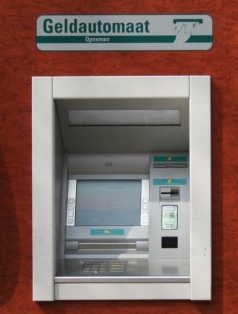
When a PC talks to a printer, the PC has to know in advance how to address the printer and what the printer is saying.
On March 21, PhD student Jurriaan van Diggelen will defend a thesis that suggests a system where ‘agents’ (autonomous computer programs that act on behalf of a user) learn to communicate with other agents on their own. Such self-learning software could for instance be used to search the Internet for cheap holiday packages, collecting the necessary information from the servers of travel agents, airlines, hotels and so on, even though the program would initially not know how to talk to these servers.
The thesis is called Achieving Semantic Interoperability in Multi-Agent Systems (PDF). Via Web Wereld.
Van Diggelen tested his theories with a sophisticated RSS agregator. He identifies a translation problem: different systems know about the same concepts, but give them different names. The agent has to learn the names that apply to the same concept. A second problem is one of specialisation: “So you don’t know about ‘football’, but do you know about ‘sports’?”. The aggregator could reply “Yes,” and provide a more generic answer than it was looking for, but still one that could be presented to the user.






 Flying cars are a thing that overenthusiastic inventors have been promising the world for almost as long as the automobile itself exists. The last of these inventors are the Dutch company
Flying cars are a thing that overenthusiastic inventors have been promising the world for almost as long as the automobile itself exists. The last of these inventors are the Dutch company 

